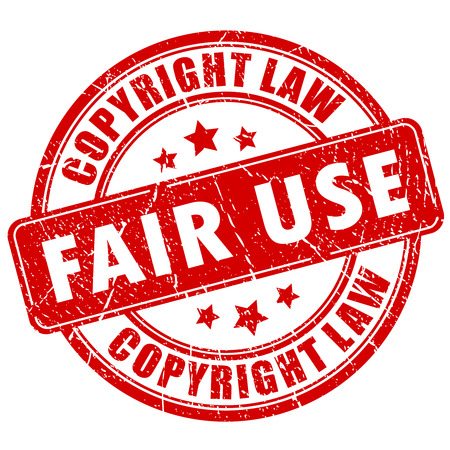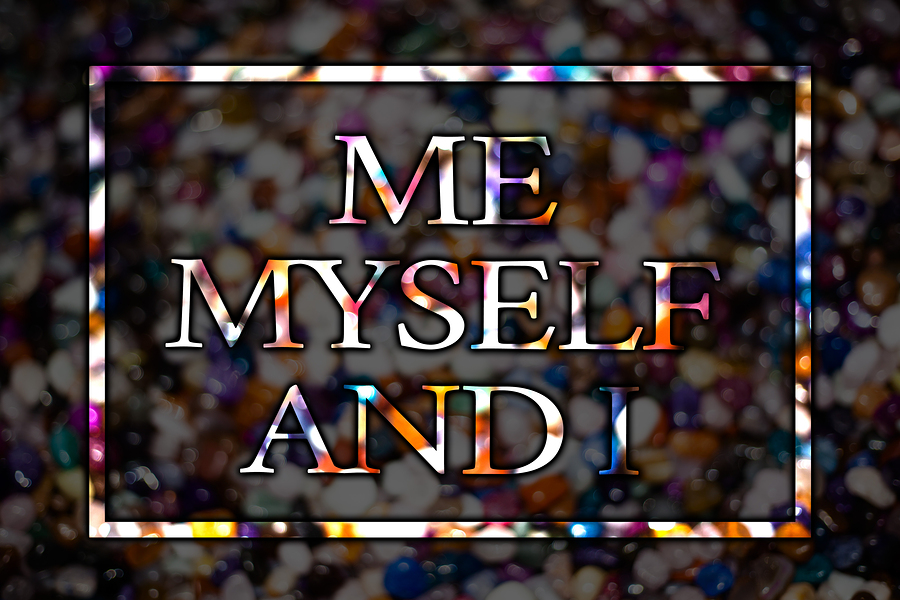I love hooks. As a writer, I work hard on my hooks. As a magazine editor, the hook was often the best way for a writer to make a good first impression on me. And, as an agent, the hook is the first and one of the most important criteria I use in evaluating a book pitch, proposal, or manuscript.
“Hook” is a fairly flexible term in writing and publishing. It can mean:
- The overall unique appeal of an article or book
- The first page, paragraph, or sentence of an article, story, or book
- The short, punchy summary of a book idea in a book proposal
I often talk to writers who say, “I really have trouble writing hooks.” Or they’ll ask, “Why is it so hard for me to write a good hook?” It’s a good question (which usually means you’re about to get a lousy answer). I can think of several reasons it may be hard for you to write a hook:
- Lack of exposure
I often suggest to writers that they make a study of hooks. Once you open your eyes a little and look around, you’ll see that hooks are everywhere: in advertisements, movie trailers, book jackets, etc. Subscribe to BookBub’s newsletter and study the hooks they use to promote books. Read a lot of books’ back cover copy. Make a habit of noticing hooks everywhere you see them and dissecting their appeal. You may even want to start a collection.
- Lack of focus
Sometimes writers struggle to write a hook because they haven’t yet defined the unique appeal of their idea. It’s unclear in their minds so they can’t really put it into a few words. If you’re struggling to express what’s unique or compelling about your idea, it may be because you haven’t yet nailed it down or defined the takeaway.
- Lack of practice
It takes practice—and lots of it—to write good hooks. It doesn’t come naturally for many of us. However, like most things, the more you do it, the better you’ll get at it. Sometimes when I’m working on a hook for a project, I’ll draft several different approaches and float them to a few discerning friends, like an optometrist testing a patient’s vision: “How’s this look?” Next idea: “Is this better?” Next idea: “How about this?” The process usually pays off.
These are just three possibilities, of course. But, as I say often, writing is an art, not a science, so you probably won’t come up with a formula that works every time. But lots of exposure, focus, and practice will help you to get better at writing hooks—and that’s one of the most important things you can do for your writing future.











